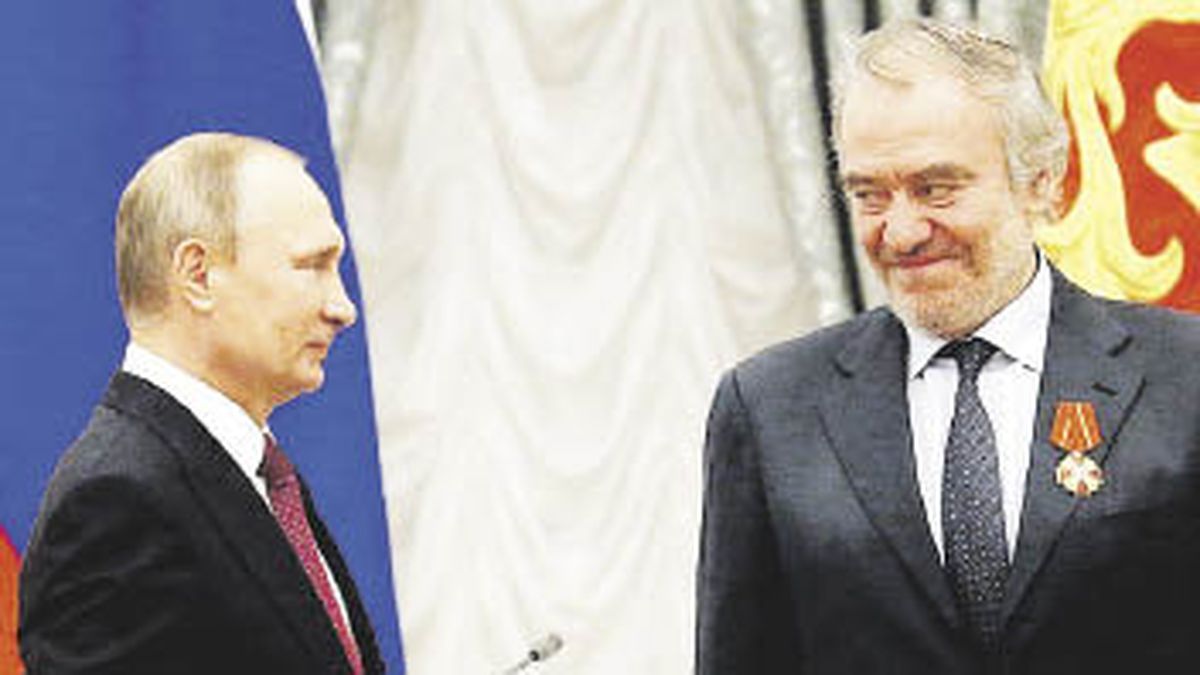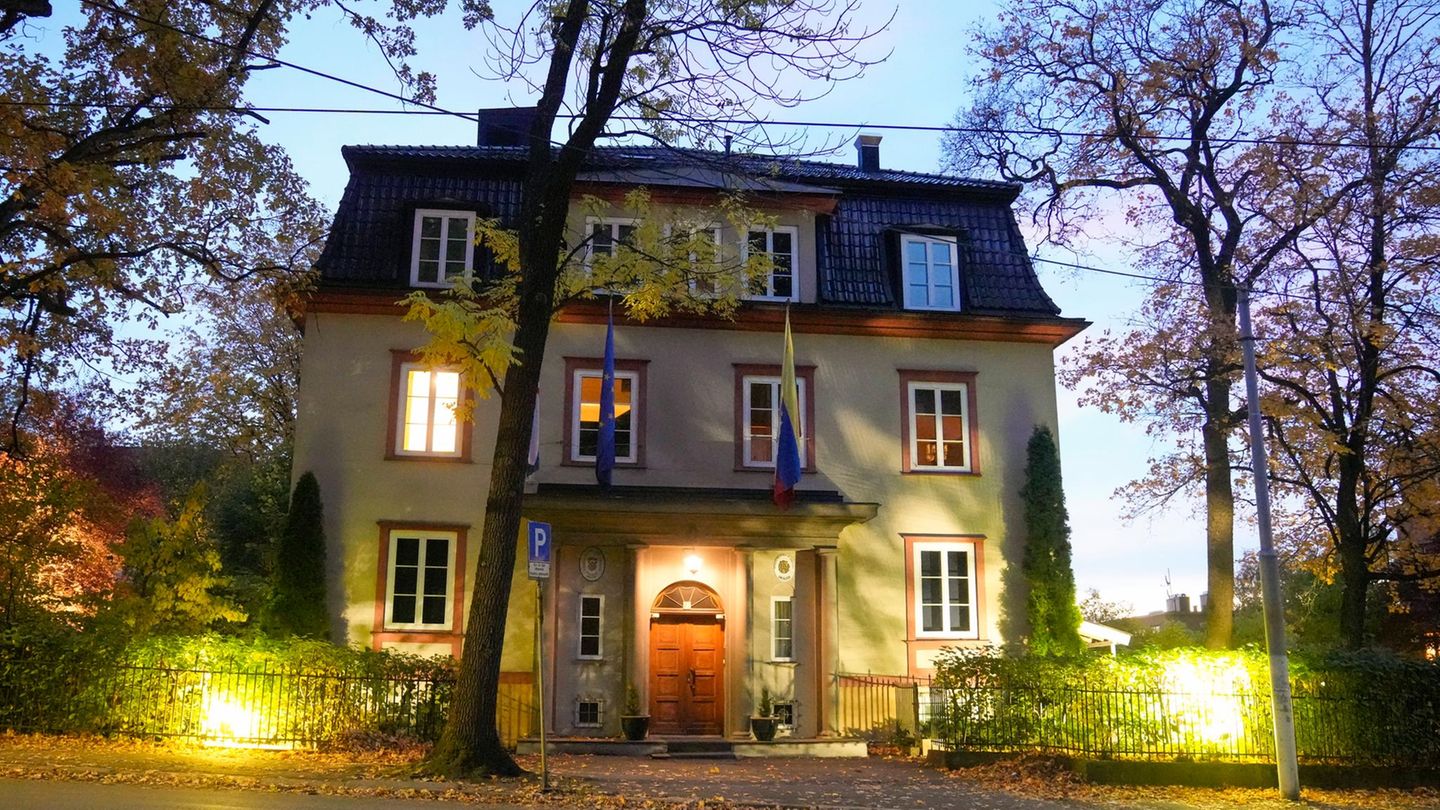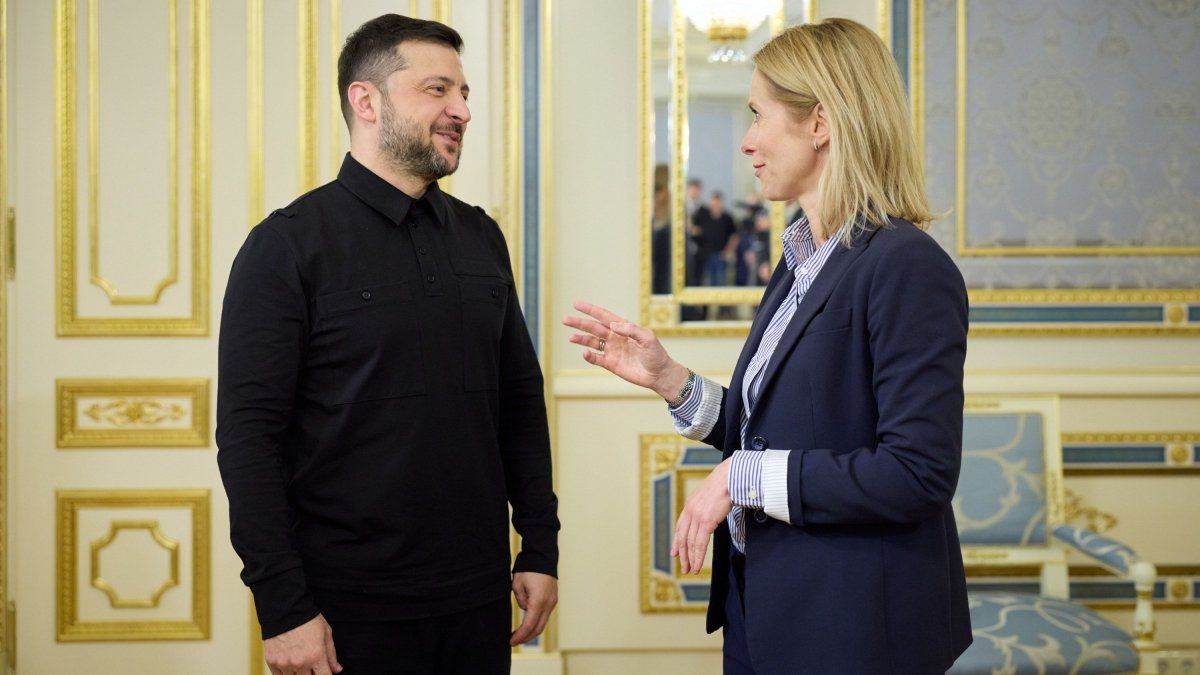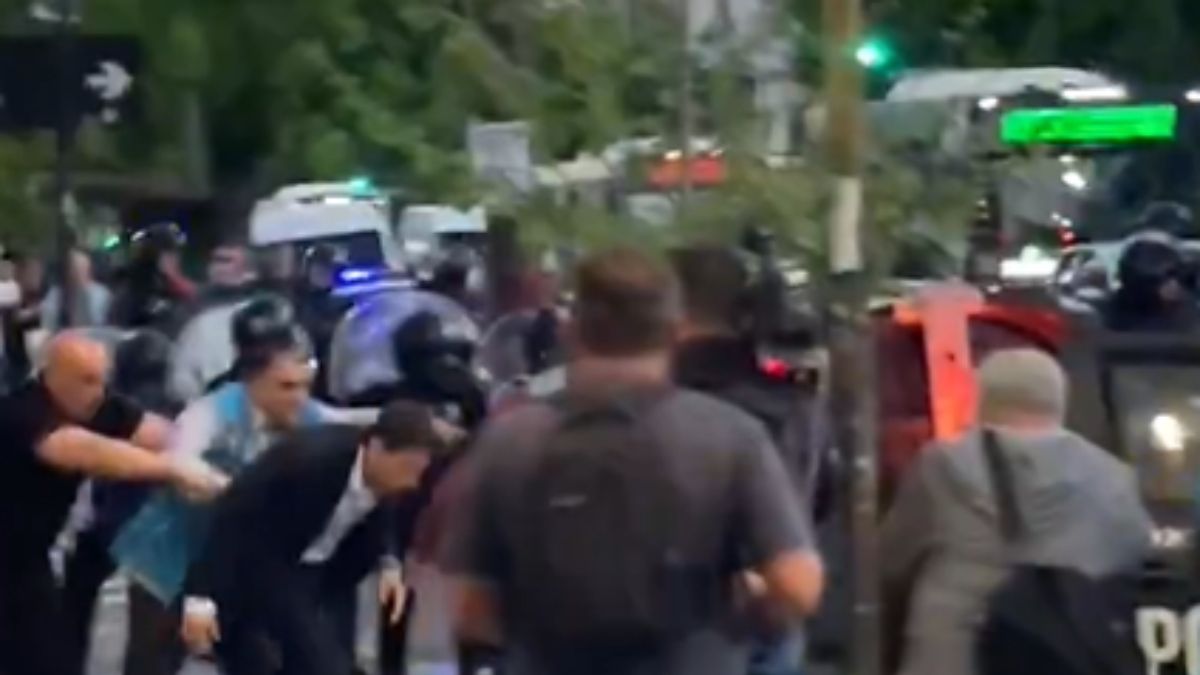Just as demonstrations and practical events follow one another, voices are also raised within the same Russia that such a boycott is detrimental and censors dissident Russian artists, who with their works can give, outside the limits of their country, their own version. But let’s look at some culminating instances.
Gergiev and Netrebko
The Teatro de la Scala in Milan decided to fire the famous Russian conductor Valery Gergiev after the musician’s refusal to respond to a letter sent by authorities in the Italian city urging him to condemn the invasion of Ukraine. Carnegie Hall in New York and the Vienna Philharmonic had already canceled their projects with the same musician, who also lost his agent. “He has not responded to the letter,” said the mayor of Milan, Giuseppe Sala. Gergiev is a personal friend of Russian President Vladimir Putin. The Milanese mayor added: “I see that other people from the artistic world, such as Anna Netrebko, have spoken out against the invasion, and also many in the world of sport. I don’t want to judge, but what I do know is that Gergiev has left and has not responded. The Munich Philharmonic Orchestra, through the city’s mayor, Dieter Reiter, also fired Gergiev from the symphonic body’s ownership.
Different is the case of the aforementioned Russian soprano Anna Netrebko, who, despite his historic friendship with Putin, on February 26 condemned the invasion of Ukraine and stated that “this is not the time to act”, canceling his multiple commitments for future months. However, the Zurich Opera went ahead of his decision and lifted his performances in Verdi’s opera “Macbeth”.
Gerard Depardieu
One of Putin’s best friends among European actors is the famous interpreter of “Manón del Manantial” and “Les miserables”, among numerous other films. Also, when Depardieu had problems with the French treasury, was Putin who received him in his land and even granted him Russian nationality. However, yesterday the actor stated his position contrary to the “violation of an independent democracy like Ukraine’s.”
Hollywood and cinema in general
On Monday, Disney, Warner Bros. and sony pictures announced the suspension of all theatrical releases in Russia, including those of the upcoming blockbusters “Turning Red” (from Pixar), “The Batman” and “Morbius”.
Financial restrictions and growing public pressure for companies to boycott Russian companies also affect filmmakers. “Co-production – especially with Europe – was one of our main instruments, and it basically doesn’t exist anymore with Russia,” said Metrafilms’ Artem Vasilyev, who this week has received calls from partners across Europe to back down on co-production deals. previous. “Everything that is related in any way to Europe is on hold or has been cancelled.”
The producer, whose credits include Aleksey German’s “House Arrest” at Cannes, said he “respects the position” of European producers who are wary of “toxic” partnerships with Russian business partners. “The situation is frightening in Ukraine,” Vasilyev said. “The result of the whole situation is a nightmare.” However, he expressed frustration and sadness at the prospect of the Russian film industry becoming “collateral damage” to Putin’s decision to invade Ukraine. “Everything I have dreamed of for the last 15 years has been cancelled. We’re just hanging in there and trying to figure out the next steps.”
The sudden and rapid isolation of the Russian film industry comes after years of efforts to bolster its global profile. Film promotion body Roskino has been instrumental in boosting the visibility of Russian filmmakers through events such as the Key Buyers Event, an annual content show that last year attracted 200 international buyers. Major film markets, such as the European Film Market, the American Film Market and Cannes’ Marché du Film, now regularly host Russian pavilions organized by the state-backed body, credited by many producers for having unified for the first time in an often disparate industry.
In recent years, the Russian Ministry of Culture, for its part, has stepped up its efforts to attract foreign producers to the country, introducing a cash refund of up to 40% in 2019, as well as a fund to support minority co-productions. russians One of the films that received this support, Juho Kuosmanen’s Trans-Siberian love story “Compartment No. 6,” was a co-winner of the Grand Jury Prize at last year’s Cannes Film Festival. Russian filmmaker Kira Kovalenko was also celebrated on the Croisette for her second feature film “Unclenching the Fists”, which won the Un Certain Regard Award.
However, these triumphs reflect the contradictions of Russian cinema in the Putin era, which were on full display at Cannes: A few days before the awards ceremony, Kirill Serebrennikov did not show up for the world premiere of his competing film “The Flu”. of Petrov”, because the provocative director was forbidden to leave Russia.
Venice Biennale
The world of plastic arts was not left out of the boycott either. This year, the Russian pavilion at the Biennale of Venice (Biennial) will not be open. Artists Alexandra Sukhareva and Kirill Savchenkov, as well as curator Raimundas Malašauskas, said on Sunday that they would no longer participate in the pavilion. This year the Biennale will open in April.
“The Russian Pavilion will remain closed,” pavilion organizers said in a post on Instagram. It is the latest response from institutions on the country’s art scene, some of which have protested the invasion by closing art shows or pausing work on future shows. The Garage Museum of Contemporary Art, a Moscow institution that is among the most important of its kind in Russia, said it would stop preparing exhibitions dedicated to Anne Imhof, Helen Marten and other internationally renowned artists. On the other hand, Ragnar Kjartansson closed an exhibition at the Moscow House of Culture several weeks before it ended.
Source: Ambito
David William is a talented author who has made a name for himself in the world of writing. He is a professional author who writes on a wide range of topics, from general interest to opinion news. David is currently working as a writer at 24 hours worlds where he brings his unique perspective and in-depth research to his articles, making them both informative and engaging.




